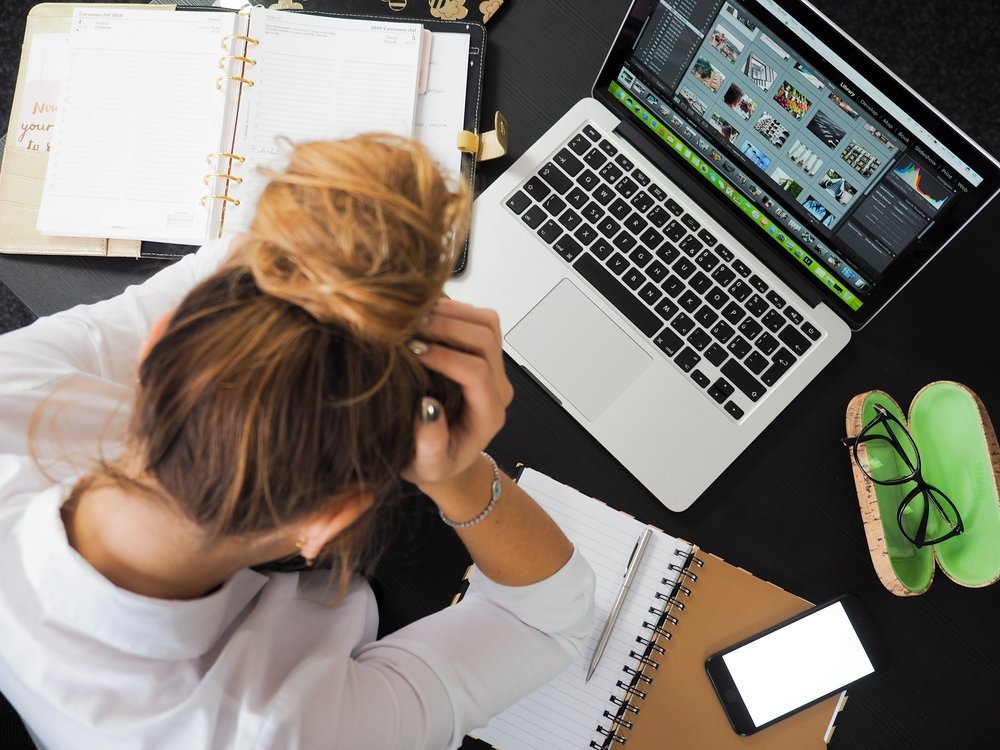Zoomers vs. The Digital World
WORDS BY GEORGIA NOLAN.
Most of Gen Z were born during the turn of the century, around the Fourth Industrial Revolution. What’s that you ask? Well, I asked the same thing when researching this. It’s basically when technology became a lot smarter a lot faster. Becoming interconnected with another on a range of devices globally became possible with just a few clicks. Whilst this has been great for making friends in the most unlikely of places, it has also led to a gradual decline in face-to-face interactions.
Zoomers are beginning to opt out of hanging out in the flesh, mostly because they’re being conditioned not to. The convenience of instant messaging apps deters many from planning regular meet-ups; what’s the point when I can just check in with Barb on Insta? To be fair, this kind of social disengagement only afflicted few before COVID. Young people still met up, even if it was less frequently then their Millennial predecessors. But then, in 2020, COVID hit.
Any social lives we had were flushed down the toilet. “Nationwide high school and university closures disrupted the education and peer contact of almost 90% of students around the world.” Sleepless nights and worry were at an all-time high. A mixture of heightened social media usage, reduced time outdoors, and spreading of misinformation worsened Gen Z’s already-existing mental health challenges. The thought of missing “potential social connections” and “school milestones” also caused many young Australians psychological distress (Glasper). The emergency transition from in person learning to online learning was jarring for many students. I know that, personally, I struggled to adapt, finding myself extremely restless and unable to concentrate on anything.
Given the psychological and social grief online learning has given many students, why are many universities still pushing for it? Why are there still classes at Flinders that remain online, despite the state’s control over COVID?
“Before we continue down a route of increasing digitisation of our academic environments, we have to pause to consider if this is actually going to bring about the results we want.” —Professor Reed of Swansea University
During the pandemic, many suffered job losses, reduced hours, and insufficient compensation from the government. Post-pandemic inflation and unemployment has also left many Zoomers unsure about their futures.
When cataclysmic events and circumstances like COVID-19 happen, psychological treatment is often sought after. Seeing as young people are subconsciously being deterred from seeking in-person help, it is no surprise many turn and have turned to the internet – including social media sites such as TikTok, Instagram and Reddit - for guidance. At some point, during the rising popularity of TikTok, #mentalhealthtiktokbecame a thing. Therapists and people calling themselves therapists posted thousands of “informative” videos. Some of them were genuinely useful, offering preventative and coping strategies, and some were not, listing several general symptoms and making a sweeping diagnosis, e.g., walking in a room and forgetting why you’re there means you have ADHD, or shirking affection means you have underlying trauma.
This is the issue with becoming too dependent on the internet for answers– there’s always potential for misinformation. What was once the Information Age is now the Misinformation Age; everyone with an opinion and an IP address is “an expert”.
The voices of qualified teachers, therapists, researchers and other professionals become lost in a flood of unhelpful “self-help” videos on TikTok and YouTube and confessional Prozac forums on Reddit. How are we supposed to know which info is useful and which is misleading?
So, in this Misinformation Age of online learning, online therapy, online friendships, online living, where do we draw the line and say, “enough is enough”? Conditioned since childhood to look to our PC or devices for answers, it’s no surprise Gen Z is completely whipped. But that doesn’t mean we can’t detach from the Digital World to stop and smell the roses. While our universities, our workplaces, our world is trying to kickstart us into a day-to-day cyberspace, let’s just pause and think to ourselves, is this something that we really want?
EDITORIAL NOTE: This article has been reuploaded and was originally published in 2023.
